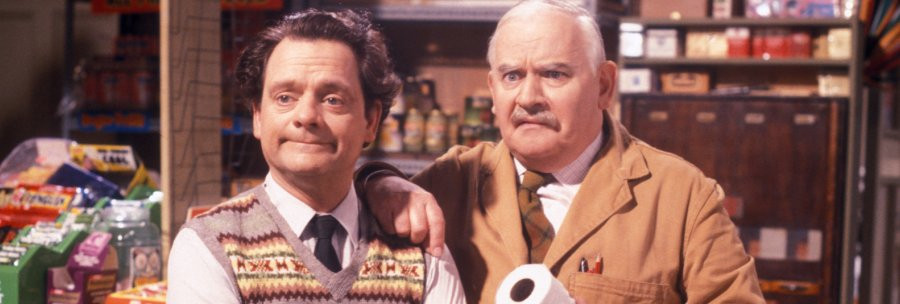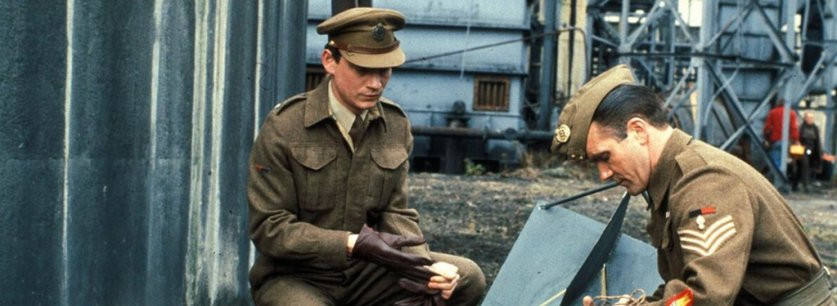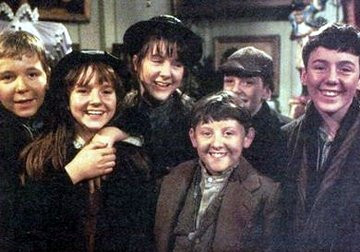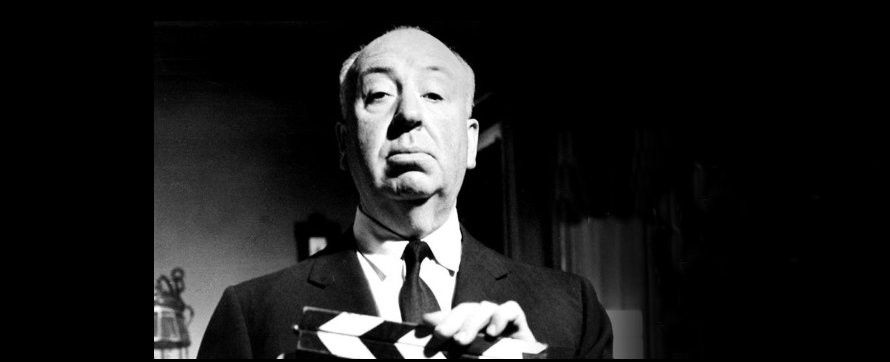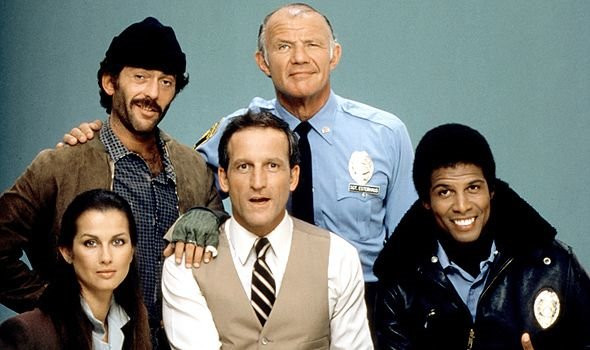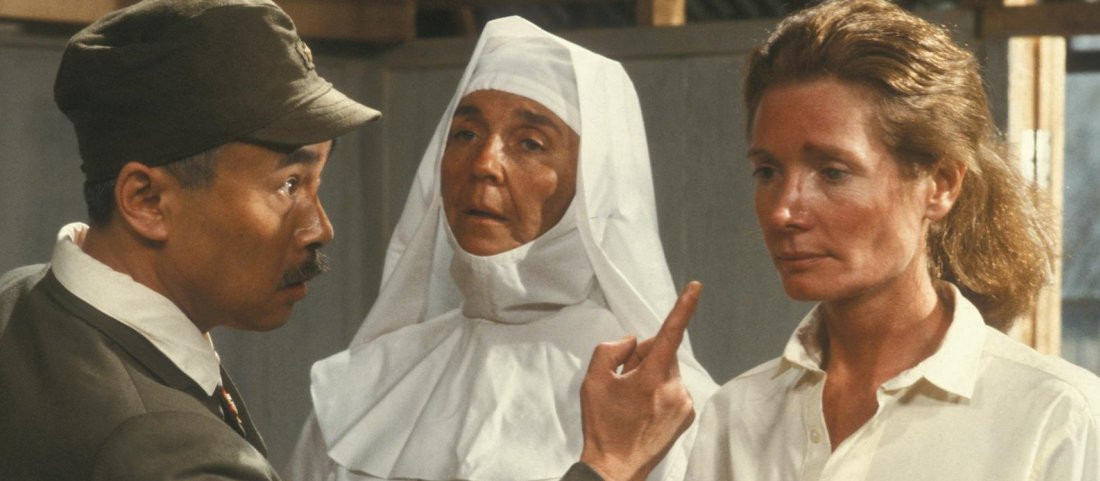
Tenko
1981 - United KingdomSet in a Japanese women's internment camp on the island of Sumatra, after the fall of Singapore in 1942, Tenko first appeared on BBC 1 on Saturday nights in 1981, and starred a mainly female cast led by Ann Bell, Stephanie Cole and Stephanie Beacham. The show was created by Lavinia Warner after she was working on the This is Your Life series researching Margot Turner, who was herself a prisoner in an internment camp.
The series tells the harrowing story of the treatment and conditions that the women had to endure while they were held captive and makes for powerful and compelling drama and a story that had been forgotten and untold. Tenko was written by Jill Hyem, Anne Valery and Paul Wheeler and ran for three ten-episode series. There was also a feature length episode called Tenko Reunion. The majority of the first two series were filmed at a specially constructed camp in Dorset, with only the first two episodes actually shot in Singapore.
Tenko focused on a small band of prisoners from Britain, Australia and the Netherlands, who all come from a mix of backgrounds, from bored military housewives, to nuns, nurses and prostitutes. The first series tells of their capture and how they come to terms with their situation, the tensions that build and the bonds that are formed amongst the them.
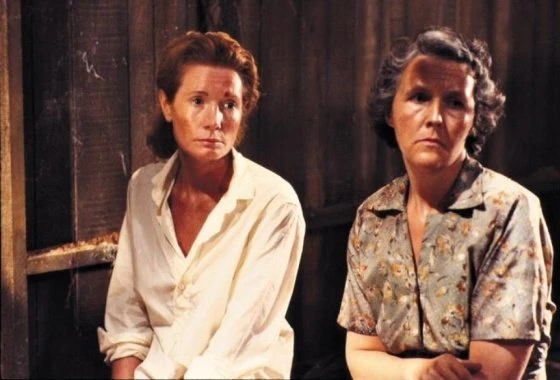
It was a hard-hitting drama that did not shy away from showing what the female prisoners had to endure at the hands of their captors. There was only a small group of characters that featured in all three series and included, Marion Jefferson played by Ann Bell-a colonel's wife in Singapore who becomes the British prisoners natural leader, Stephanie Cole played Dr Beatrice Mason, who struggled to look after the health of the women despite limited medical facilities, and Kate Norris was an Australian nurse played by Claire Oberman. Despite what she has to endure she tries her best to remain upbeat.
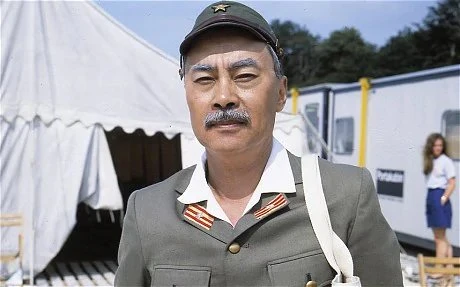
Burt Kwouk played the camp commandant Major Yamauchi, a proud soldier who would much rather be fighting the war than guarding the women in the camp. Lieutenant Sato is the sadistic second-in-command at the camp who holds the women internees with utter contempt.
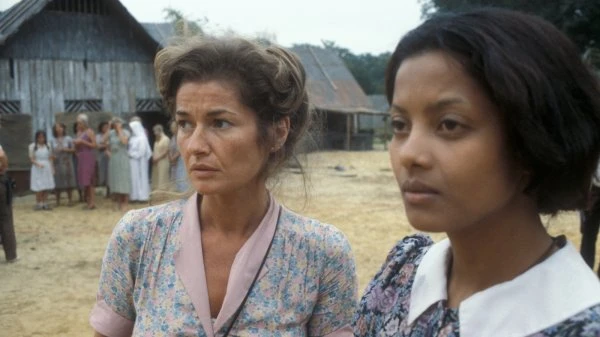
The second series saw the camp split up with some inmates moving to another camp that is not so much ran by its commandant, but by the scheming interpreter Miss Hasan played by Josephine Welcome. She is assisted by Verna Johnson and between them they control food supplies to the women in the camp. This is probably the most harrowing of the three series as the women in the camp become increasingly desperate, forcing some to betray their friends. The end of the series sees the camp mistakenly bombed by the allies, injuring some of the prisoners and killing Miss Hasan.
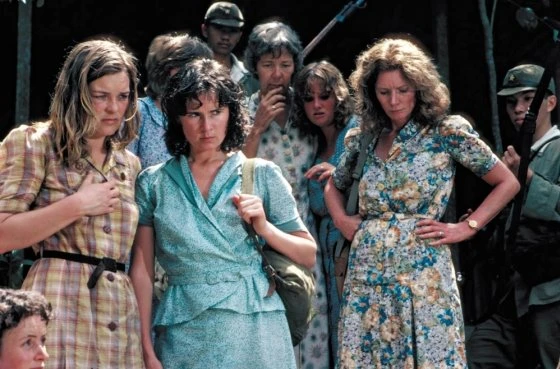
The third and final series sees the women prisoners liberated by the allies after the surrender of the Japanese and their return to Singapore. But the drama does not end there as they struggle to come to terms with their freedom. Marion is reunited with her husband, but her marriage has become strained after what she has endured as a prisoner. Before the remaining women depart Singapore they agree to a reunion five years later and that was the basis of the one-off Tenko Reunion special.
Tenko was one of the most watched dramas of the eighties and despite being first broadcast over thirty years ago, it still is avidly watched whenever it has been repeated on digital channels or released on DVD.
Seen this show? How do you rate it?
Seen this show? How do you rate it?
Published on February 6th, 2019. Written by Glyn Howells for Television Heaven.


